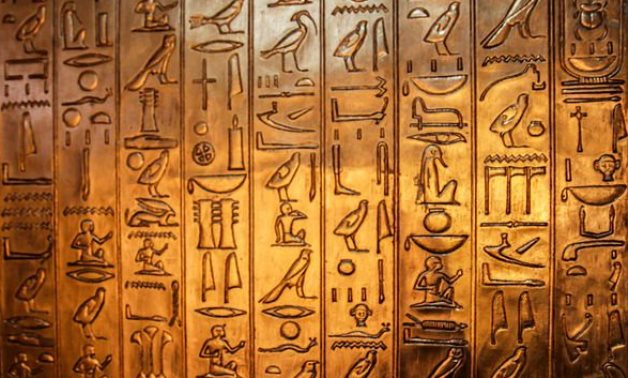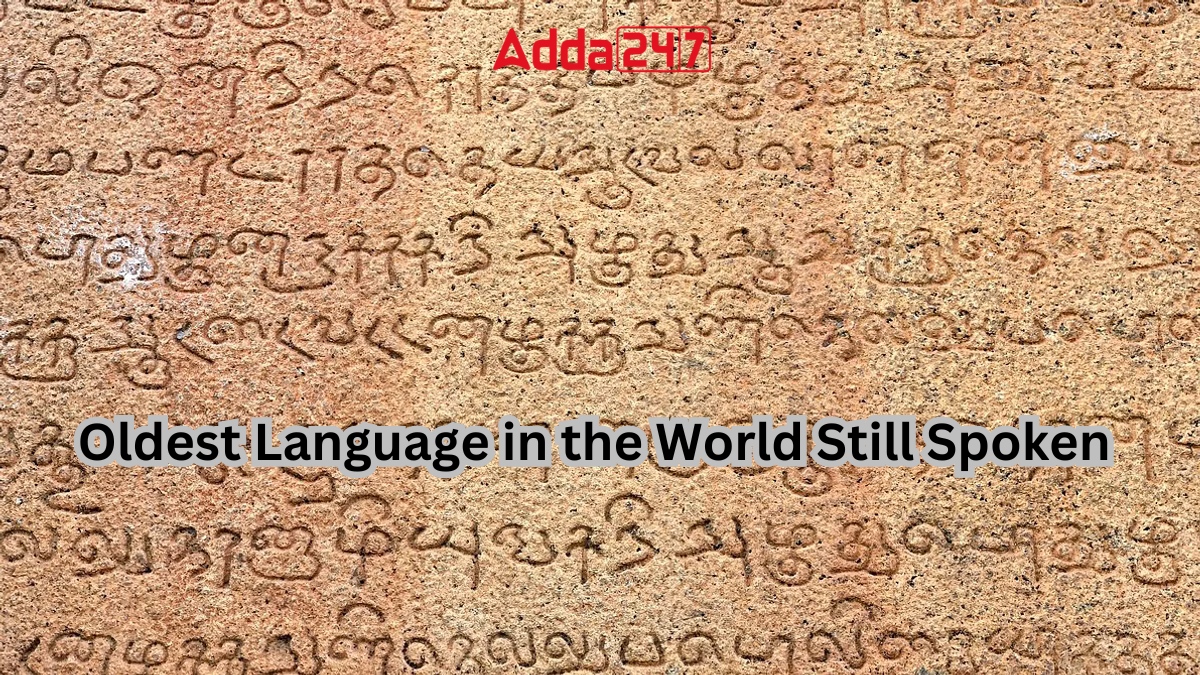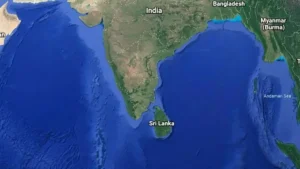Language is not just a means of communication but a reflection of a civilization’s history, culture, and identity. Many ancient languages have faded into obscurity, but some continue to thrive, echoing the voices of our ancestors. Here, we delve into the oldest languages still spoken in the world today. As we explore the world’s linguistic landscape, we uncover a myriad of ancient tongues that have persisted through centuries, carrying within them the echoes of bygone eras. These languages, each with its own unique story and significance, serve as windows into the rich tapestry of human experience and expression.
World’s Oldest Languages Still Spoken
The world is home to several ancient languages that have stood the test of time, preserving centuries of culture and tradition. Among the oldest languages still spoken today are Egyptian, Sanskrit, Greek, Chinese, Aramaic, Hebrew, and Farsi. Dating back thousands of years, these languages have witnessed the rise and fall of civilizations, embodying the rich tapestry of human history. Despite the passage of time, they continue to be spoken, reflecting the enduring legacy of their respective cultures and civilizations.
Oldest Language in the World
Egyptian, dating back to 2690 BC, marks the oldest known language in Africa and Egypt, evolving into Coptic. With a history spanning 4700 years, it remains spoken by over 56 million people today, primarily in religious contexts. Additionally, Arabic, traced back to the 10th century, holds significance as one of the oldest languages, influencing numerous others. Both languages reflect the enduring power of communication and cultural legacy across millennia.
Top-10 Oldest Languages in the World Still Spoken
Egyptian language, dating back to 2690 BC, stands as the oldest language in the world, followed by Sanskrit, Greek, Chinese, and Aramaic.
Here is the list of top-10 oldest languages in the world still spoken:
| Oldest Languages of the World | |||
| Rank | Language | Origin | Approximate Age |
| 1. | Egyptian | 2690 BC | Circa. 4700 years old |
| 2. | Sanskrit | 1500 BC | Circa. 3500 years old |
| 3. | Greek | 1450 BC | Circa. 3500 years old |
| 4. | Chinese | 1250 BC | Crica. 3300 years old |
| 5. | Aramaic | 110 BC | Circa. 3100 years old |
| 6. | Hebrew | 1000 BC- 200 CE, 1800 | Circa. 3000 years old |
| 7. | Farsi | 522 BC | Circa. 2500 years old |
| 8. | Korean | No later than 57 BC | Circa. 2300 years old |
| 9. | Italian | Descendent of Latin, 100 BC | Circa. 2100 years old |
| 10. | Arabic | Roughly 100 CE | Circa. 1900 years old |
Oldest Language in the World – Egyptian

The oldest language known to humankind is Egyptian, dating back to approximately 2690 BC, making it over 4700 years old. Originating from Africa, Egyptian was the first language to have a proto-writing system, with the first known complete sentence recorded around 2690 BCE. Although not commonly spoken today, its descendant, Coptic, remains in use as the liturgical language in the Coptic Orthodox Church of Alexandria and the Coptic Catholic Church, a testament to its enduring legacy over millennia.
World’s Second Oldest Language – Sanskrit

Sanskrit, dating back to approximately 1500 BC, stands as one of the world’s oldest languages still in use today. Primarily employed in religious contexts within Buddhism, Hinduism, and Jainism, Sanskrit also finds utility in bureaucratic institutions across South and Southeast Asia. While few claim it as their first language, many study it as a second language, with its influence extending into modern literature, music, and global lexicon through loan words.
Third Oldest Language in the World – Greek

Greek, tracing its roots back to around 1450 BC, emerges as one of the world’s oldest languages still actively used in daily communication. While Modern Greek has undergone substantial evolution, it remains a direct descendant of the language spoken in ancient times. With approximately 13.5 million native speakers today, Greek maintains a remarkable continuity spanning nearly 3,500 years, from the era of Homer to contemporary times.




 Which Country is known as the Tear Drop ...
Which Country is known as the Tear Drop ...
 In Which District of Uttar Pradesh the F...
In Which District of Uttar Pradesh the F...
 Which is the Most Important Cash Crop in...
Which is the Most Important Cash Crop in...








